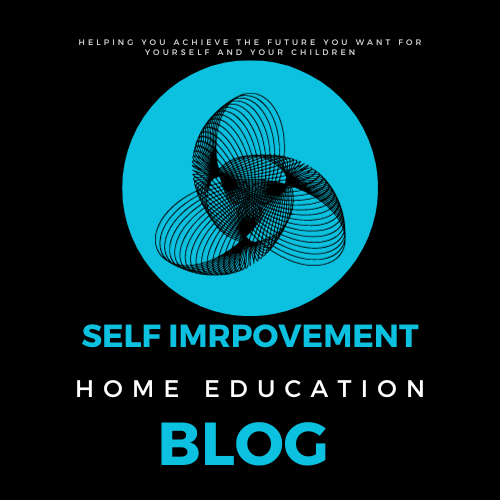In recent years, homeschooling has gained popularity as an alternative
to traditional education. For parents of middle schoolers (grades 6-8, ages 11-13),
this period is crucial for the development of not only academic skills but also
emotional intelligence. In this blog post, we will explore the benefits of
homeschooling in fostering emotional intelligence and provide practical
tips for teaching middle schoolers at home.
Understanding Emotional Intelligence in Middle Schoolers:
Middle school is a transformative phase in a child’s life, marked by physical,
emotional, and cognitive changes. During this time, adolescents are not only
navigating academic challenges but also grappling with the complexities
of social relationships, self-identity, and emotional regulation. Homeschooling
can offer a unique opportunity for parents to play an active role in
nurturing their child’s emotional intelligence.
Create a Supportive Learning Environment:
The first step in promoting emotional intelligence is to establish a
supportive learning environment. Ensure that your homeschooling
space is comfortable, free from distractions, and encourages open
communication. Middle schoolers are more likely to thrive when
they feel emotionally safe and understood.
Incorporate Emotional Learning into the Curriculum:
Integrate emotional learning into your homeschooling curriculum.
Include literature that explores complex emotions, discuss characters’
motivations, and encourage your child to express their feelings through
writing or art. Additionally, consider incorporating mindfulness exercises
or meditation breaks to help middle schoolers manage stress and enhance self-awareness.
Encourage Social Interactions:
While homeschooling provides a personalized learning experience,
it’s essential to create opportunities for social interactions. Arrange
group activities, field trips, or join homeschooling communities
to ensure your child has the chance to develop social skills and empathy.
Collaborative projects and discussions can also enhance their
emotional intelligence by fostering teamwork and cooperation.
Teaching Middle Schoolers Independence:
One of the advantages of homeschooling is the ability to teach children
how to learn on their own. Guide your middle schooler to set goals,
manage their time effectively, and take responsibility for their education.
Encourage curiosity, exploration, and self-directed learning, allowing
them to develop the skills needed for a lifetime of independent learning.
The Impact of Emotional Intelligence on Cognitive Development:
Research has shown that emotional intelligence is closely linked to
cognitive development. Middle schoolers with strong emotional
intelligence are better equipped to handle stress, form positive
relationships, and exhibit greater academic achievement. By focusing
on emotional intelligence during homeschooling, parents can
positively influence their child’s overall well-being and academic success.
In conclusion, homeschooling during middle school offers a unique
opportunity for parents to foster emotional intelligence alongside
academic growth. By creating a supportive environment, incorporating
emotional learning into the curriculum, encouraging social interactions,
and teaching independence, parents can equip their middle schoolers
with the skills needed for a successful and fulfilling future.
Disclaimer: The information on this website is public information and is
not individual legal advice. Readers should not rely on or take any action
based upon the information on this website and professional advice should
be obtained particular to the legal circumstances one is facing. While we
strive for accuracy, it is possible that the information on our site may contain
errors or omissions. We disclaim any liability for any such errors or omissions.
Disclaimer: Some of the links on this website are “affiliate links.” This means
if you click on the link and purchase the item, we will receive an affiliate
commission. We disclose this in accordance with the Federal Trade
Commission’s 16 CFR, Part 255: “Guides Concerning the Use of
Endorsements and Testimonials in Advertising.
